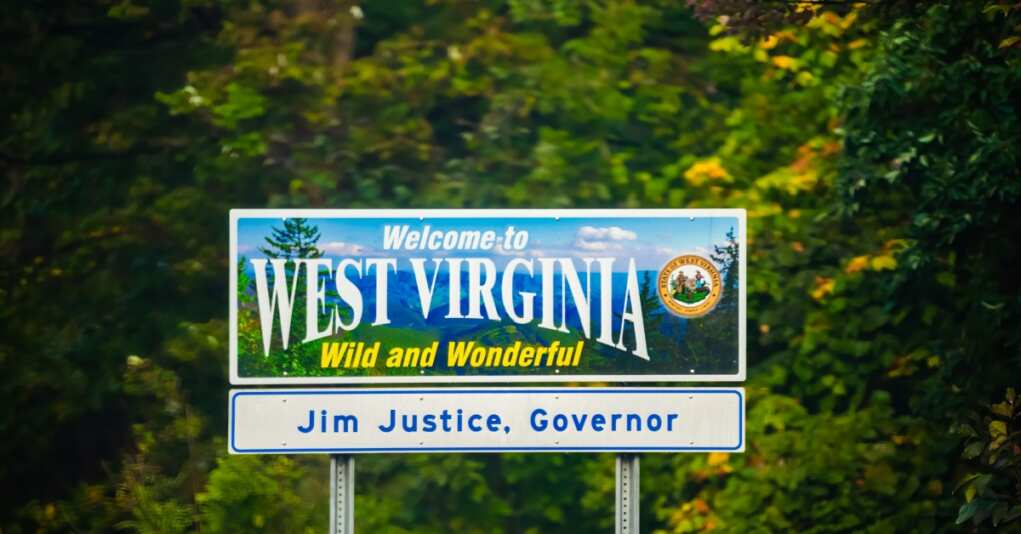Jim Justice’s Victory: West Virginia’s Political Makeover or Just a New Coat of Red Paint?

In a move that surprised absolutely no one, West Virginia Governor Jim Justice has clinched the state’s open U.S. Senate seat, succeeding the retiring Senator Joe Manchin. This victory marks a significant shift in West Virginia’s political landscape, as both of its Senate seats are now held by Republicans for the first time since 1958.
Justice, a former Democrat who switched to the Republican Party in 2017, leveraged his popularity and the endorsement of former President Donald Trump to secure the seat. His campaign strategy was as unconventional as his political journey, featuring minimal public debates and a reliance on his familiar name recognition.
The outgoing Senator Manchin, known for his centrist positions and occasional departures from the Democratic Party line, announced his retirement earlier this year. His decision opened the door for Justice’s candidacy, which many viewed as a natural progression given the state’s increasingly conservative tilt.
Justice’s victory is not just a win for the Republican Party; it’s a reflection of West Virginia’s evolving political identity. Once a Democratic stronghold, the state has steadily shifted rightward, a trend that Justice’s election underscores. His tenure as governor was marked by policies that resonated with the state’s conservative base, further solidifying his appeal to voters.
However, Justice’s campaign was not without controversy. His businesses faced scrutiny over late payments and fines, and he received criticism for his handling of public education and reproductive rights issues. Despite these challenges, his popularity remained sufficient to secure victory, highlighting the complex dynamics of voter priorities in the state.
The national implications of Justice’s win are significant. Republicans have been eyeing control of the Senate, and flipping Manchin’s seat brings them closer to that goal. With Justice’s victory, the GOP gains a crucial foothold, potentially influencing the legislative agenda in the coming years.
As Justice transitions from the governor’s mansion to the Senate, questions arise about his legislative priorities and how they will align with the broader Republican agenda. His track record suggests a focus on economic development and energy policies, areas that are particularly pertinent to West Virginia’s interests.
In conclusion, Jim Justice’s election to the U.S. Senate represents a pivotal moment for West Virginia and the Republican Party. It signifies not just a change in representation but a deeper realignment of political affiliations in the state. As Justice prepares to take his seat in Washington, all eyes will be on how he navigates this new role and the impact he will have on both state and national politics.
